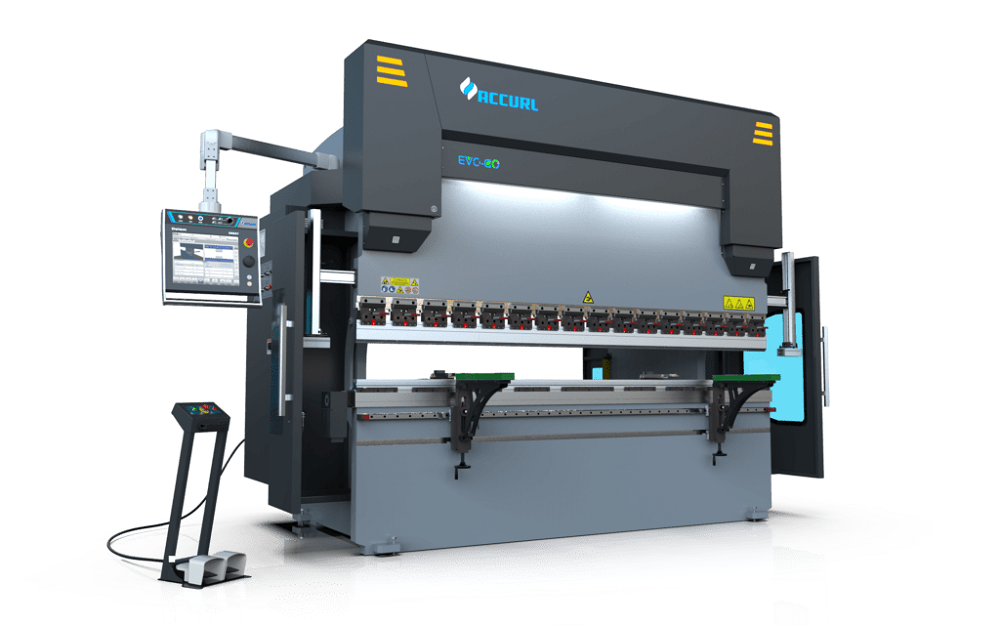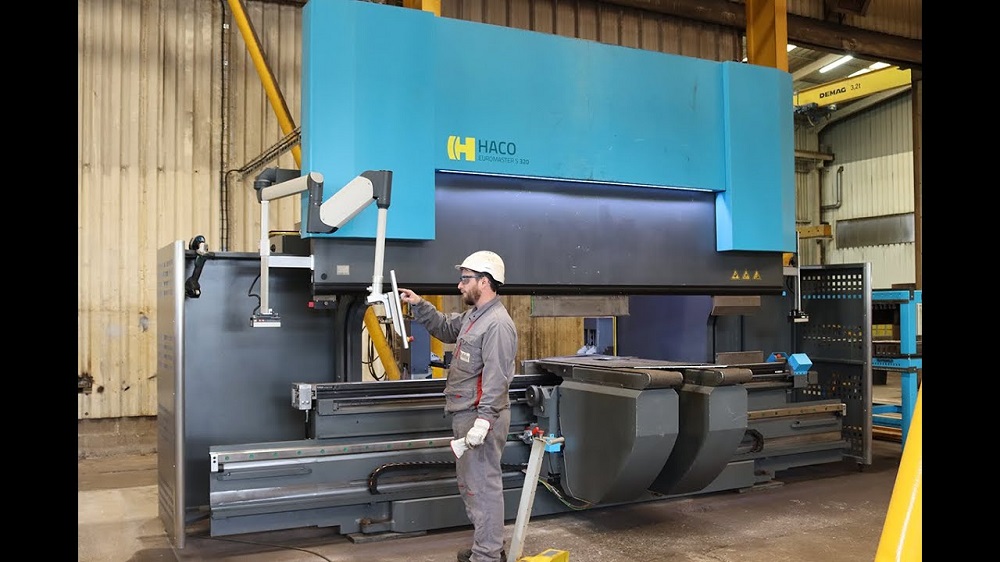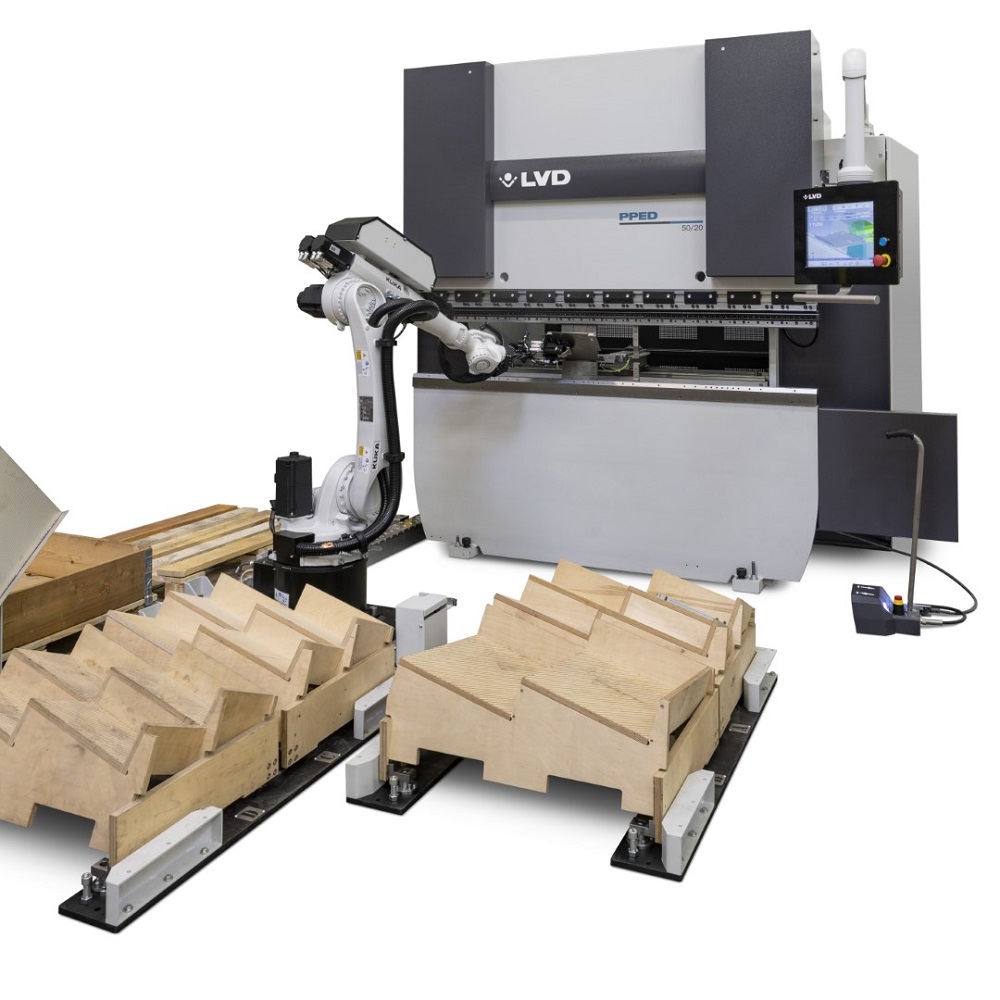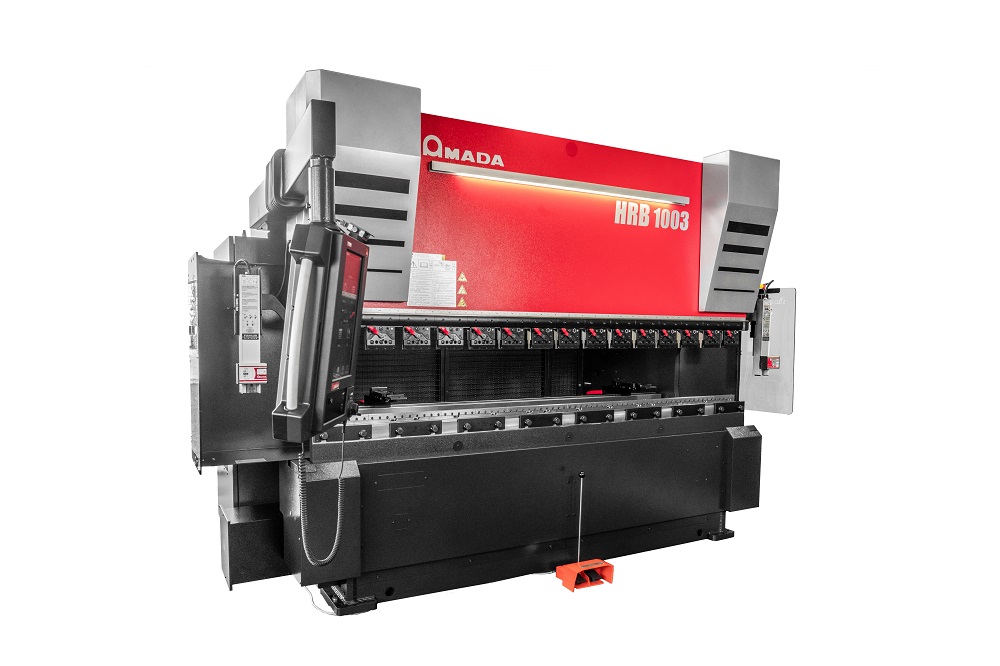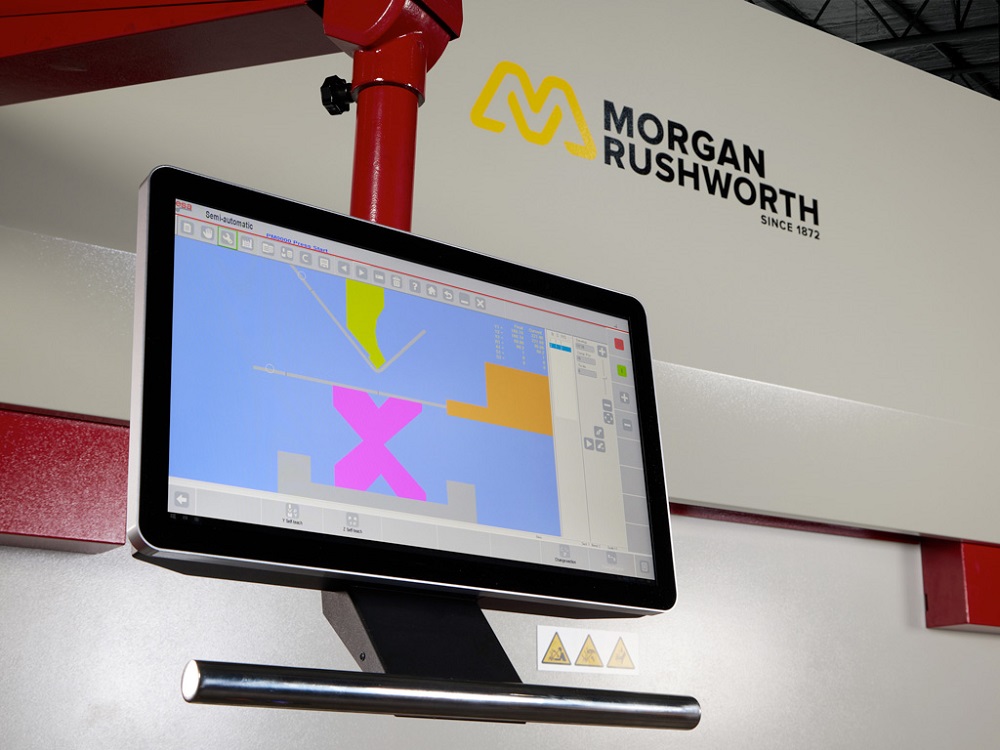In the sheet metalworking and manufacturing sector, where large machines like pressbrakes are used extensively, optimising energy consumption has become a priority. Energy-efficient press-brake operations not only contribute to a greener planet but also lead to cost savings and increased productivity.
Modern press brakes are equipped with advanced drive systems that minimise energy wastage. Servo-electric and hybrid drive systems used in ACCURL pressbrakes (available in the UK from Axe & Status) offer precise control over motion and energy consumption, as they only consume power when needed during the bending process.
Intelligent motion control systems in press brakes also play a crucial role in energy optimisation. These systems can adapt the machine’s speed and force based on the specific bending requirements, resulting in more efficient energy utilisation.
Energy-efficient press brakes such as ACCURL machines feature idle and standby modes that automatically reduce energy consumption when the machine is not actively engaged in bending operations. During periods of inactivity, these modes limit power usage, helping businesses save on electricity costs and reduce their environmental impact.
As a further point of note, regular maintenance of press brakes is essential to ensure optimal energy efficiency. Clean and well-maintained machines experience fewer mechanical losses and operate more efficiently.
The role of operators is also vital in achieving energy efficiency in press-brake operations. Well-trained operators who understand the machine’s features and energy-saving functions can make informed decisions to maximise efficiency during production. Streamlining the bending process can also contribute to energy efficiency. By optimising machine tooling set-ups, reducing unnecessary tool changesand consolidating bending tasks, businesses can minimise downtime and improve overall energy utilisation.
For further information www.axestatus.com






